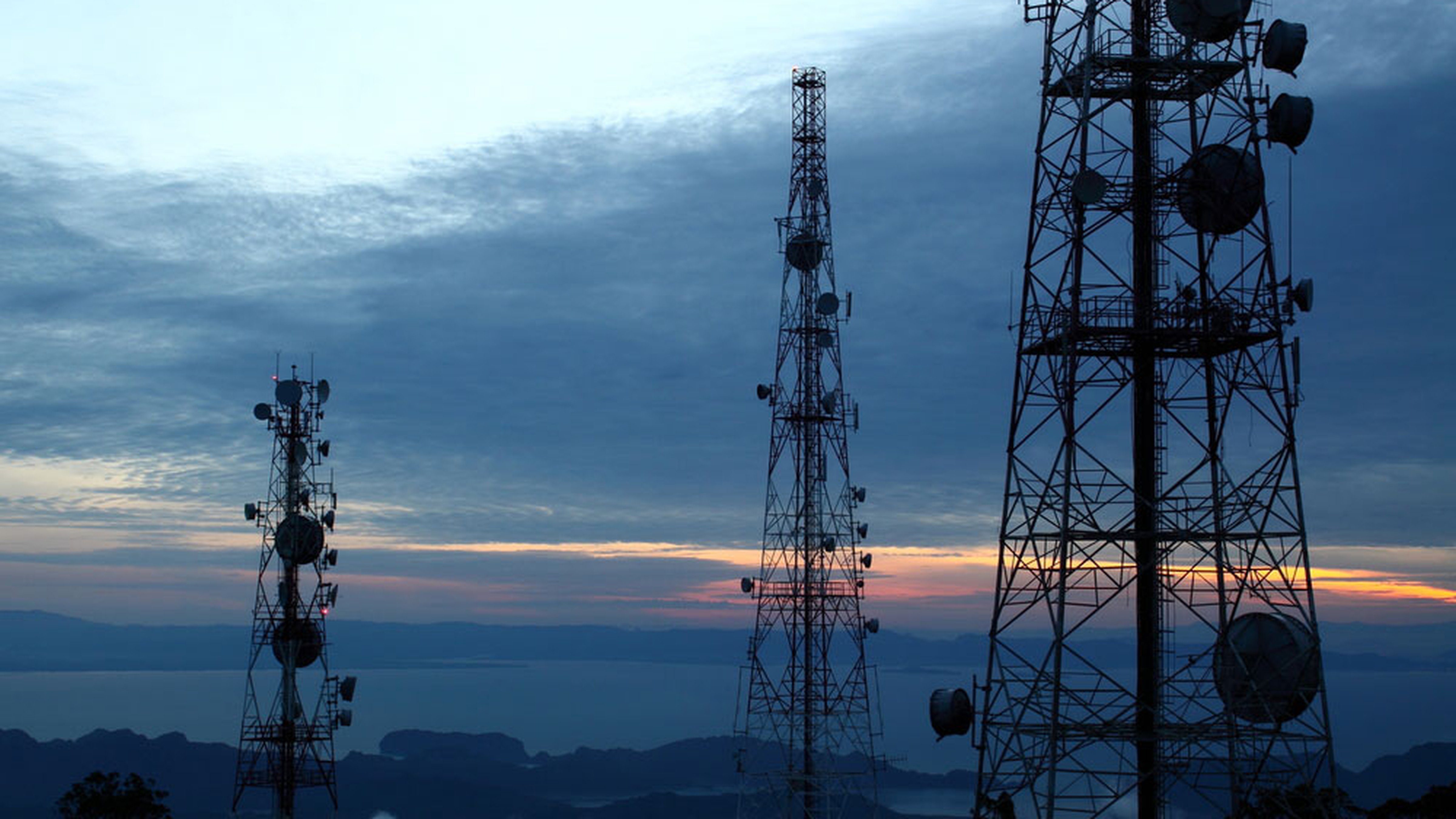The department of telecommunications (DoT) on Thursday has sent out fresh notices to the telecom operators to pay their AGR dues, a day after the Supreme Court lashed out at the operators for self-assessing their arrears on account of the adjusted gross revenue (AGR).
The DoT has put the dues of the operators at Rs 1.6 lakh crore comprising principal dues till 2016-17, and interest, penalty and interest on penalty, till October 2019.
The DoT in its notice said no self-assessment of AGR by the operators would be considered.
The apex court on Wednesday had also slammed the DoT for letting the operators do the self-assessment of their dues.
A three-judge bench, headed by Justice Arun Mishra, said it would consider the government's rescue proposal to let the operators pay the dues over 20 years. The hearing would be scheduled after two weeks.
Meanwhile, junior IT minister Sanjay Dhotre told Parliament on Thursday the Union cabinet had approved the DoT proposal to allow the operators pay their dues over 20 years.
Analysts expect the sector was heading towards a duopoly structure as the observations by the court have made matters worse for Vodafone Idea, while Bharti Airtel and Reliance Jio were well placed due to strong balance sheets.
“Of interest, the self-assessment done by Airtel and Vodafone Idea Ltd (VIL) pegs their AGR liabilities at less than half of the levels determined by the Department of Telecommunications (DoT),” Morgan Stanley said in a note.
Stating the AGR issue “could create a duopoly structure,” Morgan Stanley said: “The Supreme Court has not relented on the AGR dues, which makes matters worse for VIL. Airtel and RJio are well-placed thanks to strong balance sheets and could gain market share.”
Credit Suisse said Bharti Airtel has paid 48 per cent of the DoT determined amount, while VIL has paid only 13 per cent of the dues. “We believe that SC's rejection of self-assessment of AGR dues is particularly very negative for VIL given that 87 per cent of dues (as per DoT computation) are yet to be paid by VIL, which is equivalent to four-times of its market cap.
“While the government can come up with other relief measures, besides the deferred payment option for AGR dues such as license fee cut, mobile floor pricing etc, VIL’s sustenance would remain under cloud without significant equity infusion and operational improvement,” it said.
Axis Capital said even if the apex court allows DoT’s proposal for staggered payment (over 20 years), it will restrict VIL to a fringe player given the reduced capex spends. “Bharti Airtel/RJio will continue to gain market share at the cost of VIL due to the latter's worsened financial health.”
Edelweiss Research said a 20-years’ deferred payment plan along with pricing discipline will be a necessary and sufficient condition for ensuring three private players in the telecom industry.
ICICI Securities said in the worst-case scenario of the Supreme Court rejecting rescue plan (though low probability), Bharti has cash close to AGR balance dues, while VIL will struggle.
“Bharti is also generating free cash flow from its operations, and it has indemnity with Telenor for AGR dues which means the cash balance gap will be much lower for Bharti. However, VIL has a cash balance of only Rs 3,000 crore and needs to fund its quarter cash losses from the operation also. We believe VIL will struggle to meet AGR dues in the worst-case scenario,” it added.











